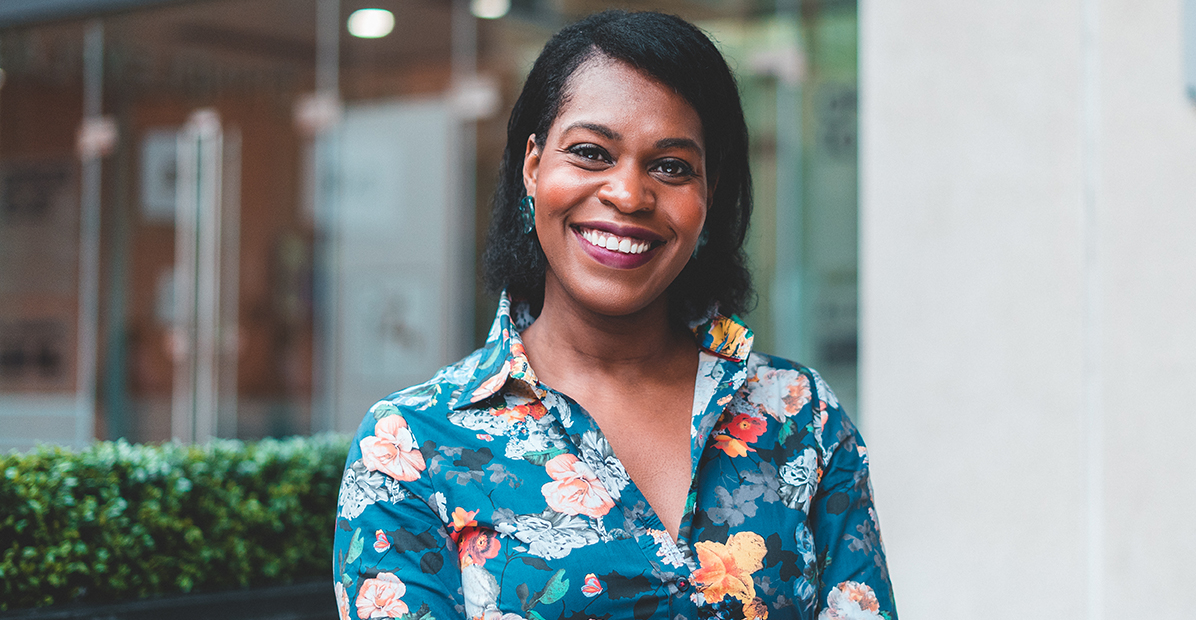Play is an intricate part of our lives. We often frame play in the context of childhood when in fact play continues to be a lifelong experience for us all. Play for adults may be described and experienced differently – maybe through reading a good book, taking part in team sports or quizzes etc. All of which can result in enjoyment, relaxation and connection to our wider world. How we reference our own play and how we experience that play may have a direct reflection on how we observe and make sense of the play of the children we meet and teach daily.
Child’s play is often referenced as energetic, a time to learn, a time to make friends and create connections, a time to be creative and to explore the world from their viewpoint. The play of children can often be viewed as a point of assessment for many educators, looking for evidence of applied learning and understanding. This can inadvertently promote a view that there is a right and expectant way to play.
Pro tip: You can also get early years play ideas and other useful tips from our expert Play Hub.

This dominant view of play can often lead to questions when a child’s ability to play is described as repetitive, solitary, or sensory seeking. As with all things, our perspective matters and I believe that questioning this mode of play can be beneficial as it may highlight early indicators of difference and can lead to early identification of potential needs. However, this questioning should also seek to see the benefits in this mode of play as its purpose and function is as valid and beneficial as the mainstream view of play.
As many of us have experienced, some of the main benefits of play are to create emotional regulation, relaxation, connection with self and others – and the mode in which this is achieved should rightly reflect the individual and their needs at the time. Personally, the thought of cold-water swimming or skiing does not scream relaxation to me, but a good book with the right beverage can help me to achieve some of the main benefits of play.
Once we have identified differences in play, we have to also think of the underlying reasons for the presented differences. Is it sensory? Is it communication? Is it executive functioning? The potential difference in how an individual may view and experience the world can have a direct impact on the play choices of the individual. For example, if a child’s executive function is delayed, then choosing and planning how to play may also be delayed.

If a child has limited interaction skills, you may find they are reluctant or unable to join in the play of their peers. Understanding the main theories of the differences observed can help all involved to promote a positive environment of inclusion through play.
Understanding and identifying potential reasons for the differences, through effective use of observation, can lead to effective acceptance and support if needed. Promoting positive inclusion through play should see all play types encouraged and celebrated. Simply encouraging a child whose play skills are unique to them, to play like their peers, will not promote true inclusion and will inadvertently reduce the validity of their play choices and needs. A mutual sharing of play experiences through parallel play skills, intensive interactions, circle of friends etc can really support all children to appreciate the play of each other.
So, observing pupils play with an open mind is key. Allowing children to safely embrace their unique mode of play and celebrating differences in play are all crucial factors in promoting positive inclusion through play.

Emma Pinnock is a SEND consultant, coach and trainer and autism specialist with over 20 years experience of working in special education. She started her career as a teacher, working in both mainstream education and specialist environments such as PRUs and special schools, before taking on a range of senior management roles, including head of a specialist provision supporting children with autism. Emma has both personal and professional experience of living with special educational needs, which uniquely impacts her insights into this area.